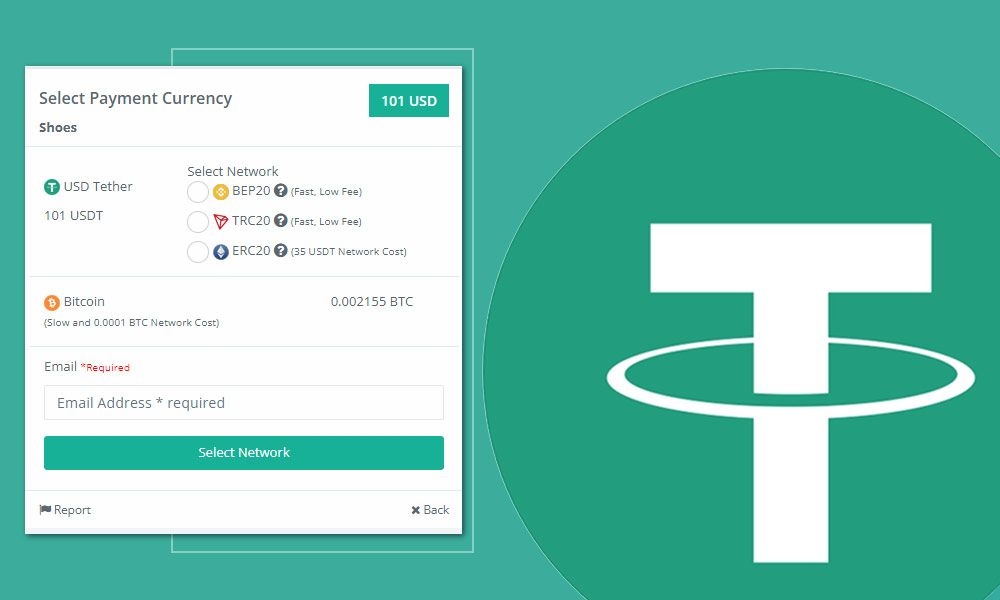How to Qualify for an Italian Mortgage: Requirements and Eligibility Criteria

Buying a property in Italy can be a dream come true, but it’s important to understand the Italian mortgage requirements and eligibility criteria before you start the process. In this article, we’ll walk you through the steps to qualify for an Italian mortgage, including the documentation needed, credit score requirements, and other eligibility criteria.
Documentation Requirements
The first step to qualifying for an Italian mortgage is gathering the necessary documentation. You’ll need to provide proof of income, employment, and credit history, among other things. Here’s a list of the documents you’ll need to prepare:
Proof of income: This can include your tax return, pay stubs, and bank statements. You’ll need to provide evidence that you have a steady income that can cover the mortgage payments.
Proof of Employment
You’ll need to show that you have a stable job with a steady income. This can include employment contracts, letters from your employer, and bank statements.
Credit history: Your credit history will be an important factor in determining your eligibility for an Italian mortgage. You should obtain a copy of your credit report and make sure that it’s accurate and up-to-date.
Proof of Assets
You may need to provide evidence of any assets you have, such as investments, savings accounts, and real estate.
Proof of Liabilities
You’ll need to provide evidence of any debts or liabilities you have, such as credit card balances, car loans, or student loans.
Property Information
You’ll need to provide information about the property you’re buying, including its value, location, and condition.
Credit Score Requirements
Your credit score is an important factor in determining your eligibility for an Italian mortgage. The higher your credit score, the better your chances of qualifying for a mortgage with favorable terms and interest rates. Italian banks typically require a credit score of at least 650, but some banks may require a higher score.
If your credit score is lower than the required minimum, you may still be able to qualify for a mortgage, but you may need to provide additional documentation or offer a higher down payment to secure the loan.
Other Eligibility Criteria
In addition to credit score and documentation requirements, there are other eligibility criteria that you’ll need to meet to qualify for an Italian mortgage. Here are some of the most important criteria:
Age
Italian banks typically require borrowers to be between the ages of 18 and 70.
Income: You’ll need to have a steady income that’s sufficient to cover the mortgage payments.
Employment Status
You’ll need to have a stable job with a steady income.
Debt-to-income Ratio
Your debt-to-income ratio (DTI) is the ratio of your monthly debt payments to your monthly income. Italian banks typically require a DTI of no more than 35%.
Down Payment
You’ll need to provide a down payment of at least 20% of the property value.
Property Value
The property you’re buying will need to be appraised by a qualified appraiser to ensure that its value is sufficient to secure the mortgage.
Conclusion
Qualifying for an Italian mortgage can be a complex process, but with the right documentation and eligibility criteria, it’s possible to secure a mortgage with favorable terms and interest rates. If you’re interested in buying property in Italy, it’s important to understand the Italian mortgage requirements and eligibility criteria before you start the process.
For more information about Italian mortgage requirements and eligibility criteria, consider reading this fiscal article about Italian mortgage requirements and what to expect from them.
With the right information and preparation, you can make your dream of owning property in Italy a reality. It provides a step-by-step guide to the process and will help you make informed decisions when buying property in Italy.










